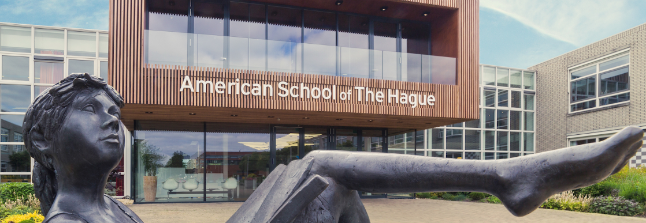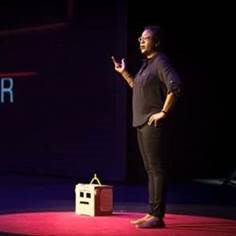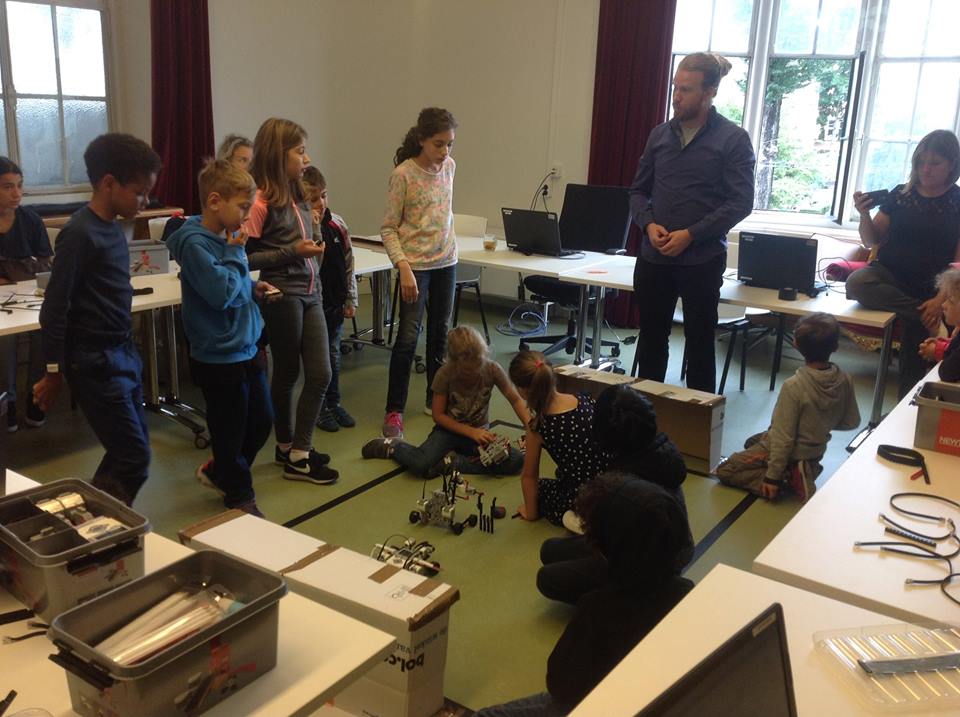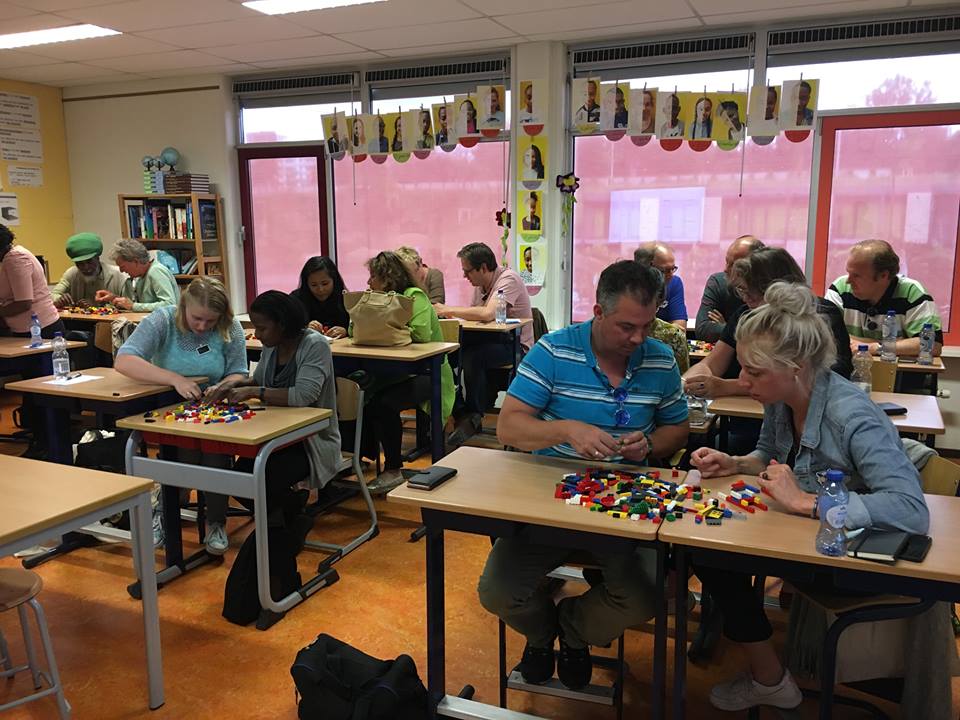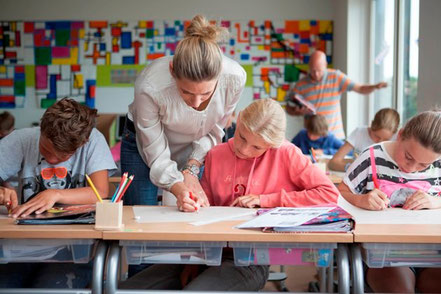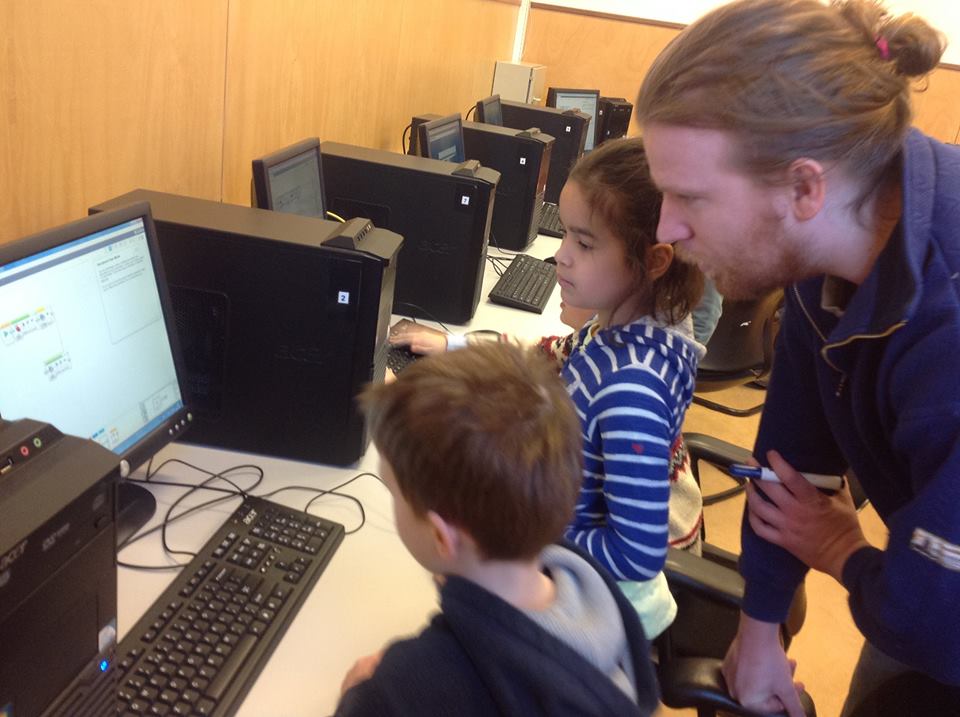On November 19, 2018, NewTechKids hosted a delegation of researchers from the Education departments of University of Helsinki, University of Turku and University of Tampere here in the Netherlands. During the meetings, we shared our pedagogy, teaching approaches and concept scaffolding strategies related to introducing technological innovation, computer science and programming to young primary school students. We also discussed potential research collaboration. As part of the visit, the delegation visited an international school where NewTechKids has
Read moreteacher training
NewTechKids is collaborating with the American School of the Hague (ASH) to introduce computer science, technological literacy and computational thinking to students in its primary school division. Working closely with a team of ASH teachers, NewTechKids will help the school map key learning objectives and provide teacher training focused on computer science theory, pedagogy, teaching approaches, classroom management and educational tool selection. We will also assist teachers with the development of new lessons, some focused
Read moreDeborah Carter, NewTechKids’ Co-founder, will give one of the keynote talks at IPON 2018 on February 7th. IPON is the Netherlands’ leading conference/trade show devoted to innovation in education and ICT applications and services. The event showcases teaching methods, learning materials and tools, hardware and software. In 2015, Deborah gave a widely-acclaimed TED talk about the importance of introducing computer science and technology education as mandatory subjects, beginning in primary school. At the time, a documentary
Read moreNewTechKids is pleased to announce its Fall 2017 line up of activities. We have spent the summer developing and testing new approaches to computer science education in partnership with our non-profit foundation, Stichting NewTechKids. During two, brand-new bootcamps, we taught computer science concepts along with a stronger focus on technological literacy. This took the form of presenting technology case studies and concepts for new technology and leading in-depth class discussions on the implications of technology
Read moreNewTechKids hosted a teacher training workshop on June 6th, 2017 as part of the 'Learning Fair' event organised by Projectenbureau Primair Onderwijs Zuidoost (PPOZO). Projectenbureau Primair Onderwijs Zuidoost (PPOZO) is the organization which coordinates after-school activities for primary schLearnool students in Amsterdam Southeast, one of the city's most economically-disadvantaged communities. It works with 10 school boards representing 29 schools in the area and 7017 students. Scrum: an important teaching tool to help students develop 21st century skills Scrum
Read moreNewTechKids has been invited to contribute to VHTO’s new teacher training initiative, DigiLeerKracht. The initiative will focus on providing free training and support for primary school teachers in the Netherlands who are interested in teaching computational thinking in the context of programming. The initiative aims to train 2000 teachers from 2017 - 2019. The initiative is supported by Google.org, the philanthropic arm of Google. VHTO is the Dutch national expert organization focused on the participation
Read moreLast week, NewTechKids became the subject of Wittenberg University's Project Week in Amsterdam. For five days, business students dove into NewTechKids' business model and selected a country where we could expand our business: curriculum, lesson plans and teacher training programs. (We discounted the United States, Canada, the United Kingdom, Scandinavia, Finland, Australia and New Zealand as these countries already have thriving computer science education in place.) Their challenge: select a country, prove that computational thinking and computer science
Read moreIn December 2016, the European Union published the report “Developing Computational Thinking in Compulsory Education: Implications for policy and practice”. The report is long, detailed and provides a solid overview of how different European Union countries are integrating computational thinking into compulsory education, either via coding, programming and computer science education or via other subjects such as mathematics. Click here for a definition of computational thinking and how it helps students solve problems, understand the world around them and
Read more
